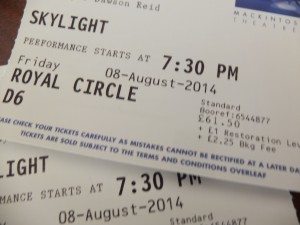 To Wyndhams Theatre in the West End last Friday eve to catch the revival of David Hare’s 1995 masterpiece – ‘Skylight‘ – starring Bill Nighy and Carey Mulligan.
To Wyndhams Theatre in the West End last Friday eve to catch the revival of David Hare’s 1995 masterpiece – ‘Skylight‘ – starring Bill Nighy and Carey Mulligan.
As Canadians would say – but as Brits would mean… “Awesome“!
The Kickass Canada Girl and I found ourselves earlier that evening – as we journeyed into town prior to the performance – discussing the fact that it has been some considerable time since we have truly had a five-star theatrical experience.
Come to think of it – and we did – there has also been a lengthy lacuna since we last saw a five-star movie. And as for television! Well – the fact that we are spending a considerable chunk of our current down-time (such as it is) either re-playing (in the case of the Girl) or mostly viewing for the first time (in mine) the complete cycle of Aaron Sorkin’s wonderful ‘The West Wing‘ courtesy of LoveFilm – says pretty much all that need be said about the current state of television drama.
I digress…
For those who know him not Sir David Hare is one of the great knights of the English theatre – playwright, screenwriter and director. He is perhaps best known for his trilogy of ‘state of the nation’ plays for the Royal National Theatre in the early 90s – ‘Racing Demon‘, ‘Murmuring Judges‘ and ‘Absence of War‘ – as well as for his earlier play, ‘Plenty‘ – his own screen adaptation of which starred Meryl Streep. Streep featured again in the movie of his 2002 screenplay of Michael Cunningham’s Pulitzer Prize winning novel – ‘The Hours‘ – the which was directed by Stephen Daldry, who also does the honours for this revival of ‘Skylight‘. Hare’s 2011 one act play ‘South Downs‘ – based on his school days in Sussex and written to be played as a double bill with Terrence Rattigan’s ‘The Browning Version‘ for the centenary of the latter’s birth – is one of my favourite scripts of recent years.
Most recently Hare has turned his hand to writing and directing for television, producing a trilogy of dramas based on his long-serving MI5 character – Johnny Worricker. The ‘Worricker Trilogy‘ – comprising ‘Page Eight‘, ‘Turks and Caicos‘ and ‘Salting the Battlefield‘ features in the lead role no less than the estimable Bill Nighy. See above!
Hare is understandably widely regarded as a political writer – his work clearly reflecting his left of centre credentials. ‘Skylight‘ – written whilst the UK yet reverberated to the shrill cacophony of the Thatcher years – makes central the abyss between that era’s capitalist high-achievers and those left as human wreckage in their wake. Nighy’s driven and hugely successful alpha-manhood is pitted against Mulligan’s born-again social conscience. Not too difficult to imagine where Hare’s sympathies lie.
‘Skylight‘ is – praise be – much more nuanced than this, and considerably more complex and layered than first impressions might suggest. The play is in truth about these two engaging, much flawed and totally believable characters and their sad, funny, exasperating and moving relationship history with each other. Exquisitely written, Hare’s script eschews easy answers and ensures that should we as onlookers ever feel that we have enough of a handle on matters to form a judgement, we are rapidly disabused of the notion and forced to dig deeper.
One could posit that given such wonderful material all a decent actor need do is to hit the mark and to recite the lines. To suggest such in this case would be to damn Nighy and Mulligan with faint praise. I can’t recall when I last saw two thespists inhabit their characters as completely as do these two. This is acting of the very highest order.
But enough of my babbling. Instead of perusing my prattlings you should be online at once scrabbling to acquire a ticket for the last few weeks during which this wonderful show will be on the London stage. Such treasures are – by all accounts – yet to be had… though I doubt that they will remain so for long.
There are rumours of a Broadway transfer in the spring of 2015 – should you hail from across the pond or be feeling particularly flush – but who knows.
Don’t take the chance. Catch it now!

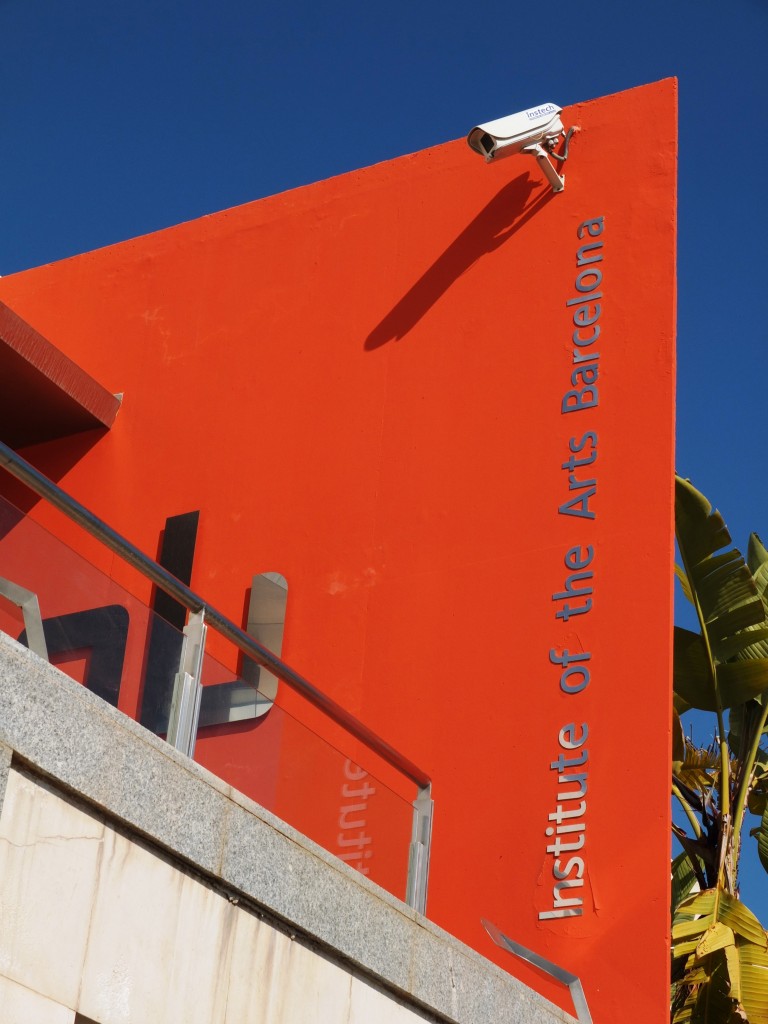
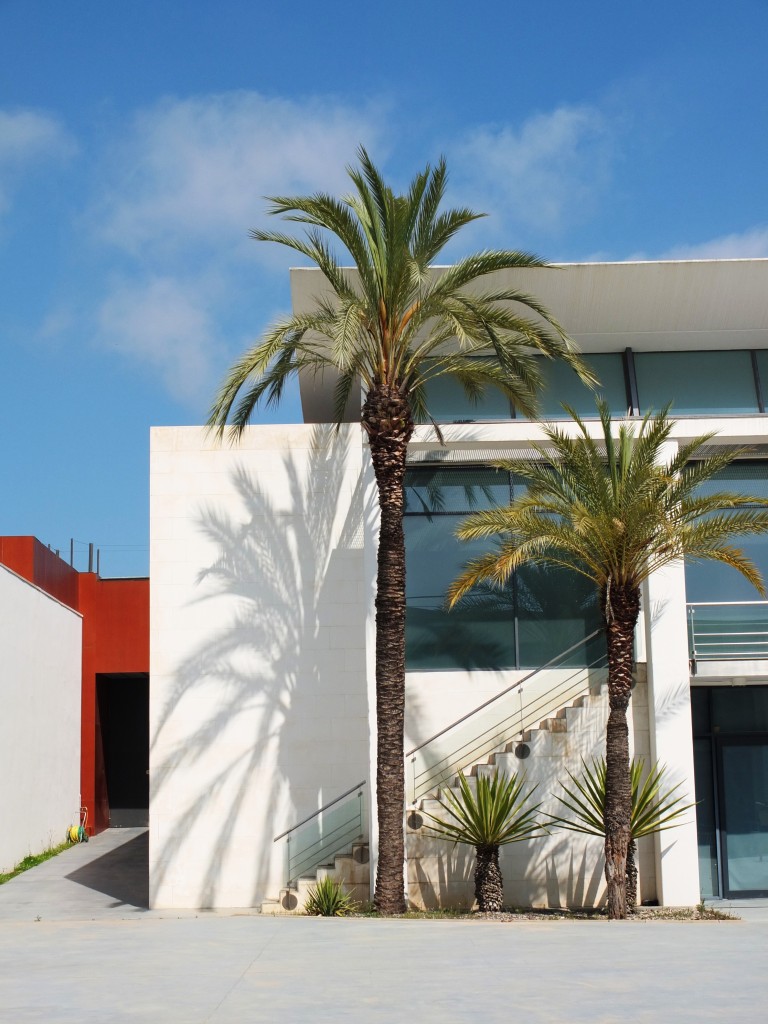
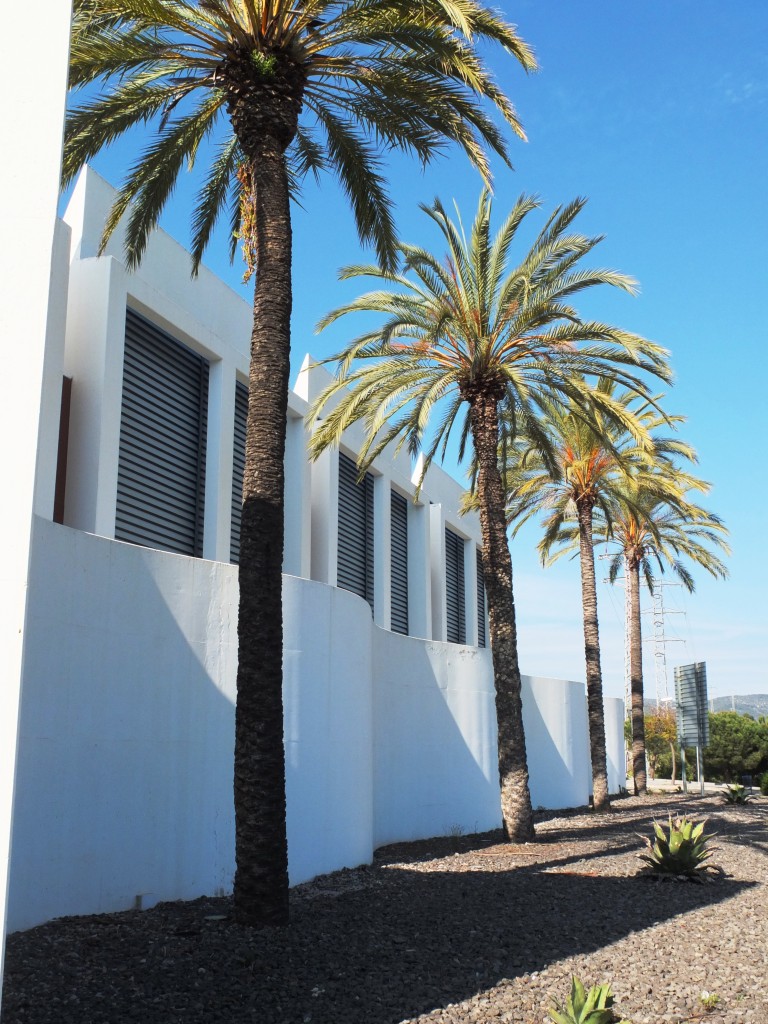
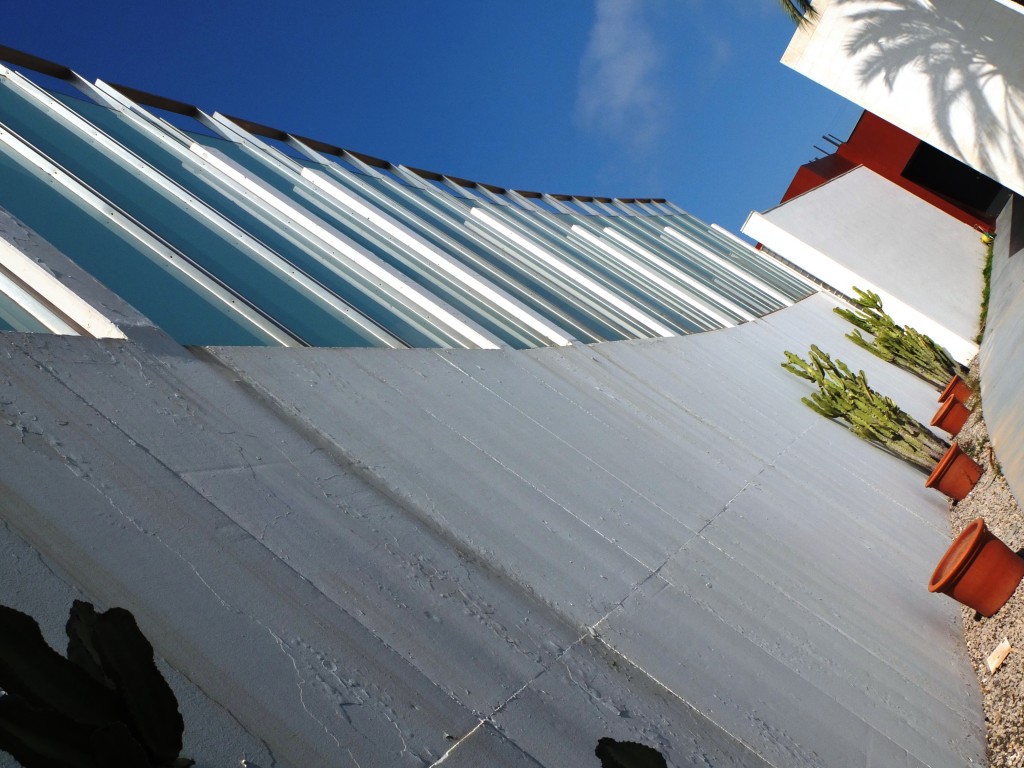

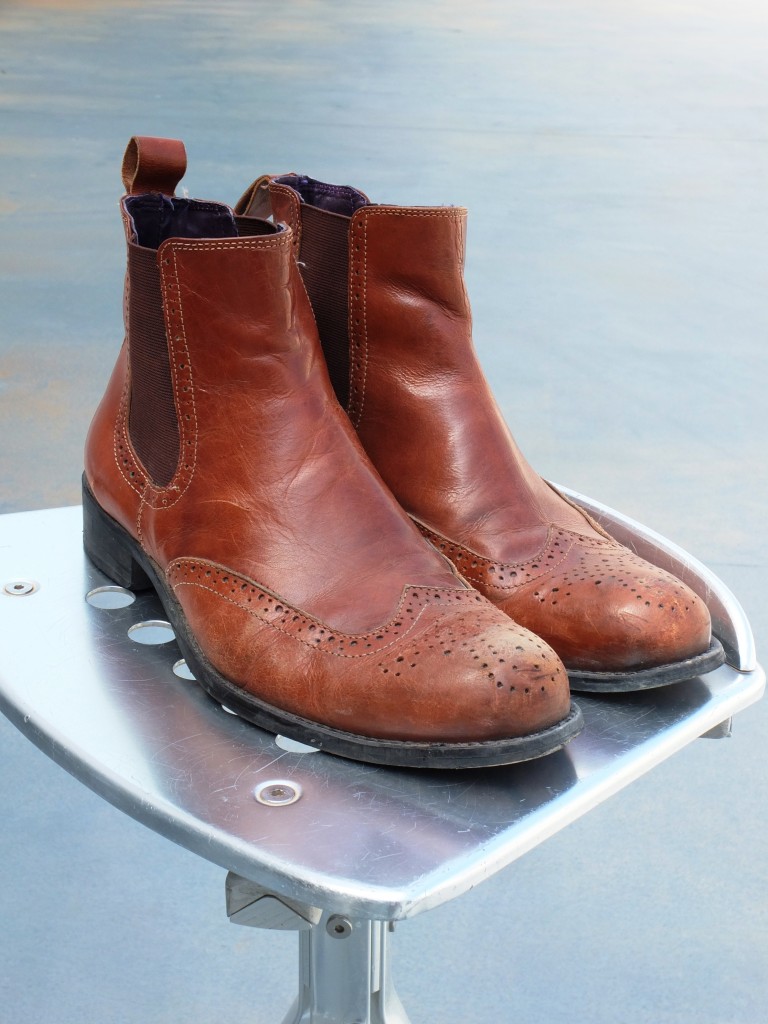
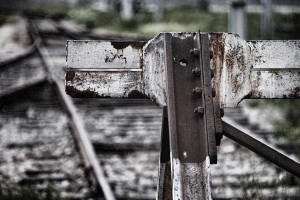
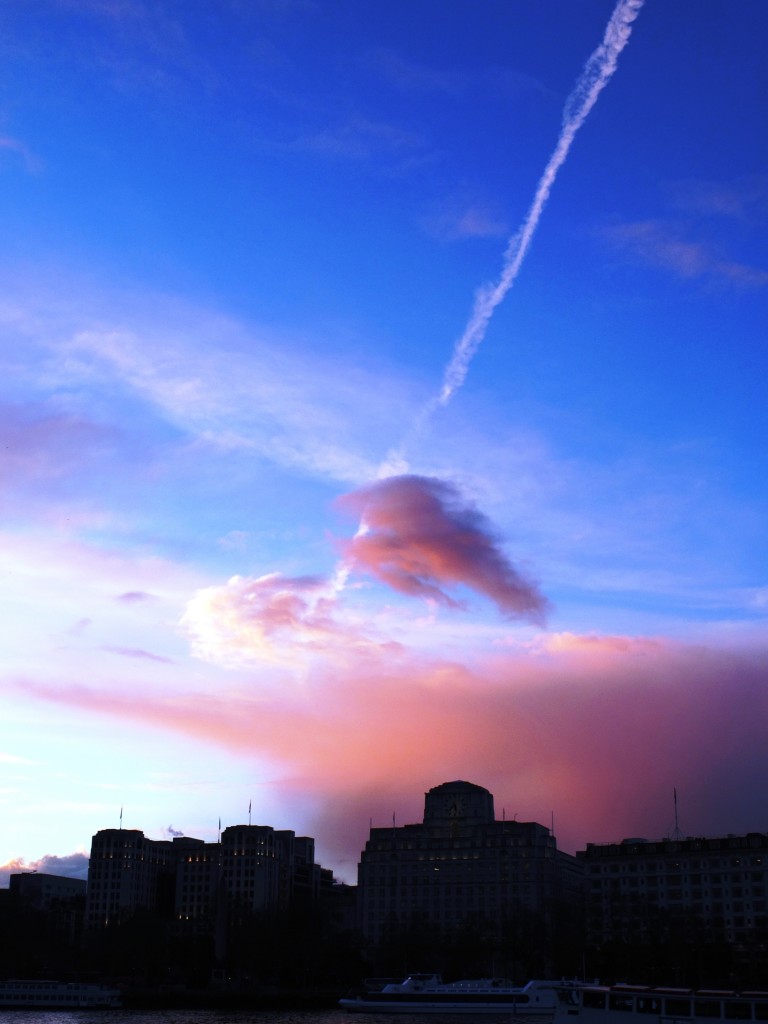

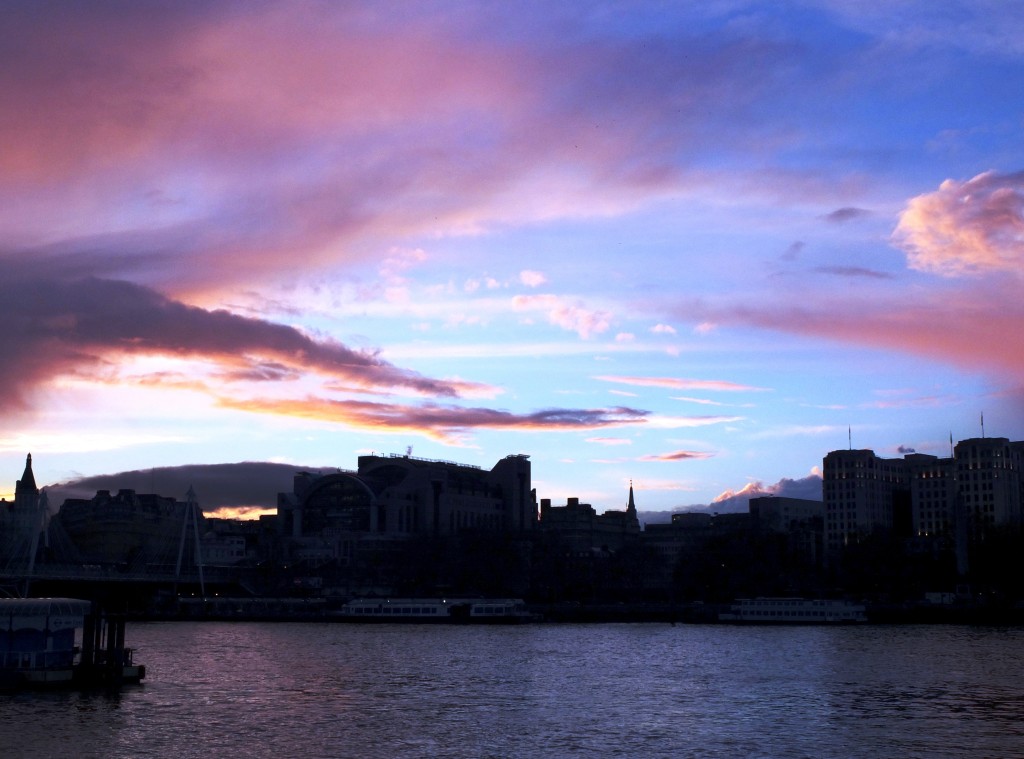
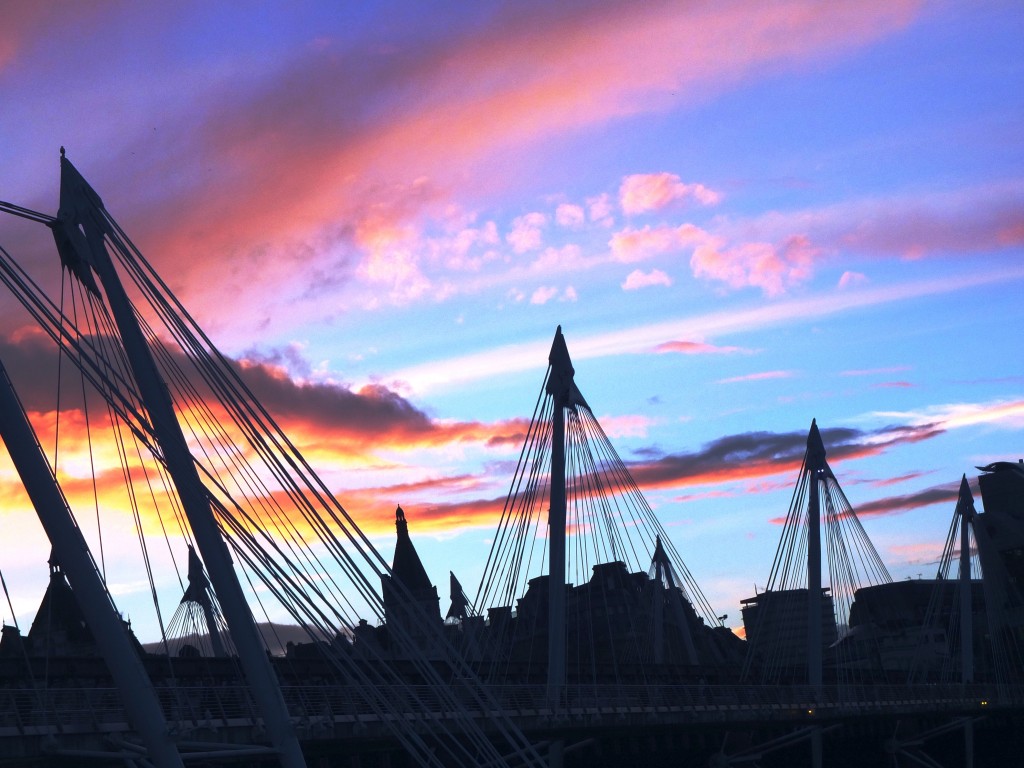

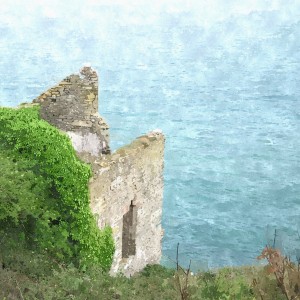
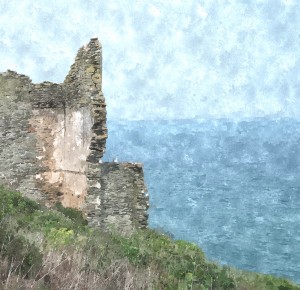
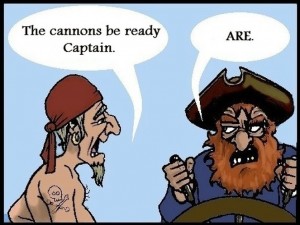


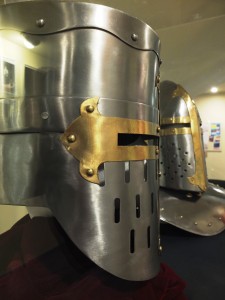
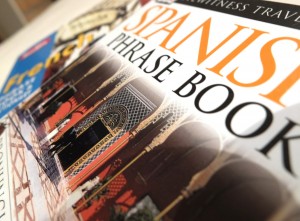


Recent Comments